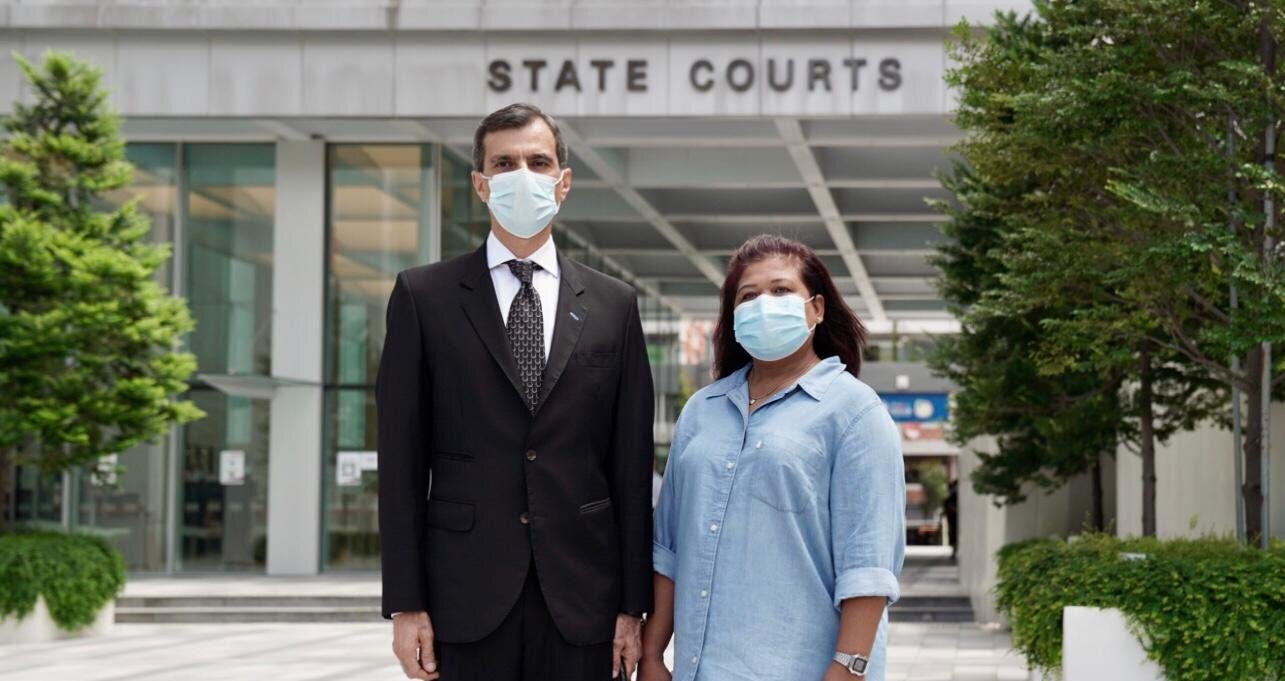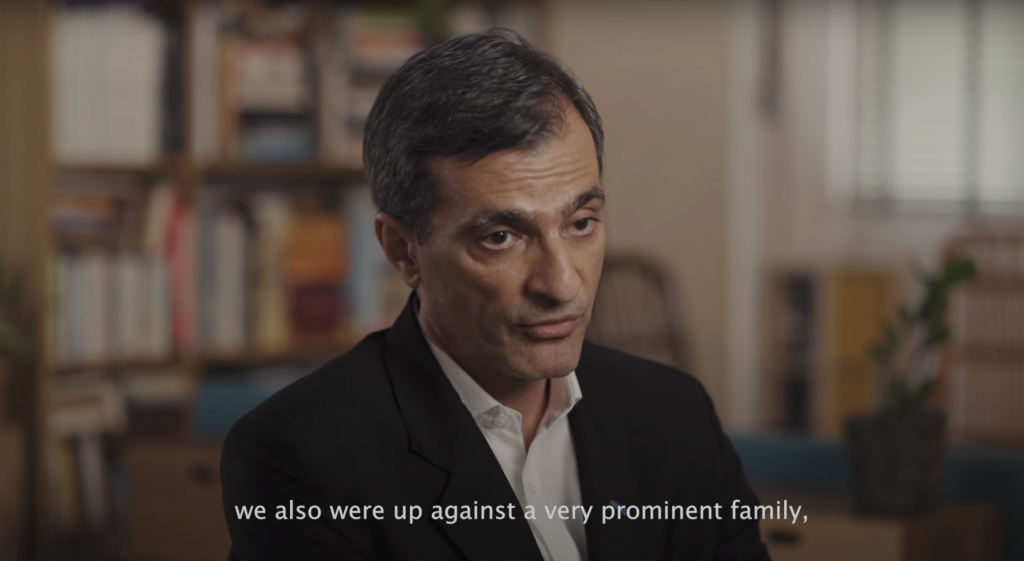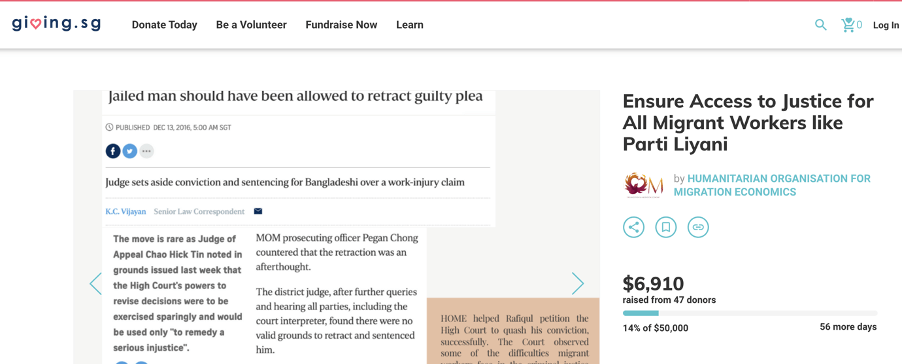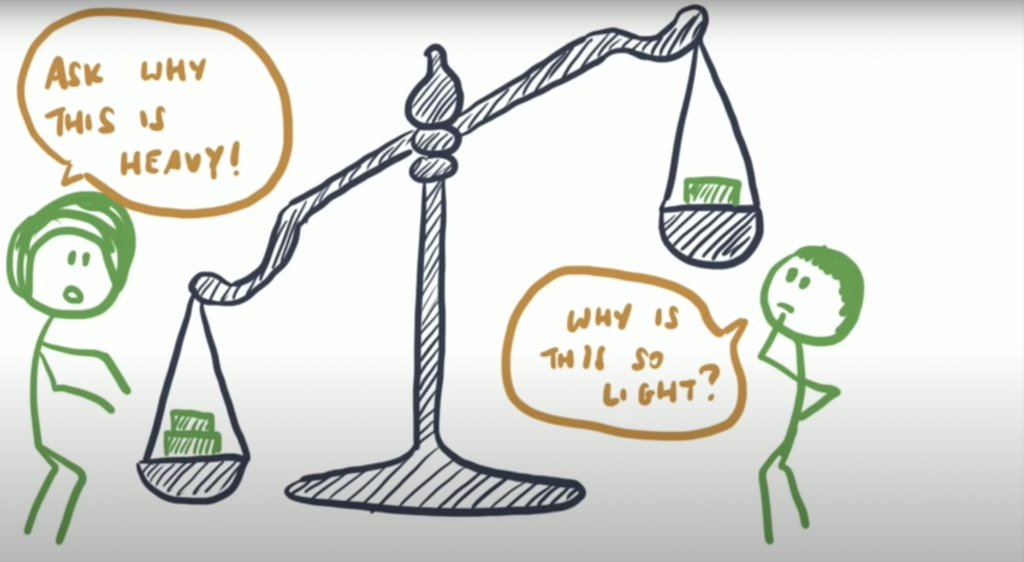The High Court acquittal of Ms Parti Liyani, an Indonesian domestic worker previously sentenced to 26 months’ jail by a district judge, has shone a harsh spotlight on systemic inequalities in Singapore. While the High Court exonerated the accused and delivered a damning verdict on the testimonies and motive of the accusing Liew family, the case has also made salient the challenges faced by the poor and marginalised groups, such as migrant workers, when they have to contend with our criminal justice system.
Just a week ago, the Prime Minister ended his speech to the new Parliament with these words: “Our economy will prosper anew. And our children and our grandchildren will continue ascending to the sunlit uplands of a fairer, ever more just and equal society.” How the establishment responds to the Parti Liyani case and public sentiments surrounding it will influence how Singaporeans perceive the sincerity of this commitment.
The stakes could not be higher. While the case against Parti Liyani was prosecuted by the Attorney-General’s Chambers (AGC), Singaporeans know how well-connected and privileged the complainants are. It will be hard for the PAP government to avoid perceptions of “double standards”, “conflict of interests” and “protecting their own”, if its main response to the High Court’s judgment is “only” to investigate shortcomings in the way the Police and the Deputy Public Prosecutor handled the case and implement the recommended technical fixes. Aside from making sure that any review is of adequate scope, it is important for its integrity to involve the legislative branch, since it is the other two branches—the executive and the judiciary—where lapses may have taken place.
What is at stake here is Singapore’s system of governance—which, at its best, taps on an honest and able technocratic elite ,while avoiding the trap of elitism. As Cherian George and I argue in our upcoming book PAP vs PAP: The party’s struggle to adapt to a changing Singapore, although the system still works reasonably well, there is every risk that the PAP will underestimate society’s demands for greater accountability and systemic fairness. This would lead to insufficient adaptation of our institutions in an inclusive direction, a gnawing perception (even if it is not entirely accurate) that the elite puts its interests above that of society’s, and a growing populist anti-establishment sentiment that will hurt the government’s ability to make sensible policies for the long-term good of the country.
It is also useful to distinguish between the three types of legitimate authority identified by German sociologist, Max Weber. In Weber’s framework, Singapore belongs to the “legal-rational” type: the authority of rulers depends on a system of rules applied impartially and impersonally in accordance with known, rationally justified principles. This type of authority is distinct from the legitimacy that derives from the charisma of rulers (for example, in revolutionary regimes) or from traditional authority (the legitimacy that rulers in a patrimonial system may have). In the legal-rational system, rulers and other powerful persons are subject to the same rules as everyone else; there are also rules which constrain their powers and separate their private lives from their official roles.
Seen through Weber’s lens, it is not an exaggeration to say that what is at stake here is the basis of the Singapore state’s legitimacy—whether it continues in the legal-rational system. The alternative—a slide towards patrimonialism—is not as unthinkable as it sounds. Consider the US, where political lobbies representing powerful business interests have subverted policy-making, well-organised narrow interest groups can sometimes block policies that benefit the wider public, and President Trump has blurred the separation between private and public interests. The American political scientist, Francis Fukuyama, argues that this “re-patrimonialisation” of the state is not entirely surprising; it occurs because as a species, our basic psychological impulses in politics are those of kin selection (i.e. we choose to work with people close to us and whom we can trust) and reciprocal altruism (i.e. “you scratch my back, I scratch yours”).
Relative to these stakes, the government’s response to the High Court’s verdict has so far been underwhelming. The AGC has announced a review of the case to be led by Deputy A-G Hri Kumar. Earlier, the Law and Home Affairs Minister K Shanmugam had said that “The (High Court) judge’s judgment goes through the facts very carefully. It sets out what the break in the chain of evidence is, and in that way, it is good to see that justice is both blind and that justice has been delivered”, even as he urged the public not to “prejudge” what went wrong in Parti Liyani’s case and warned against a “witch-hunt”. When asked, Temasek International’s chief executive, Dilhan Pillay, said that “we should hear from Mr Liew on his side of the issue, and not come quick to judgment until we’ve heard all sides of things.”
What are we to make of these statements?
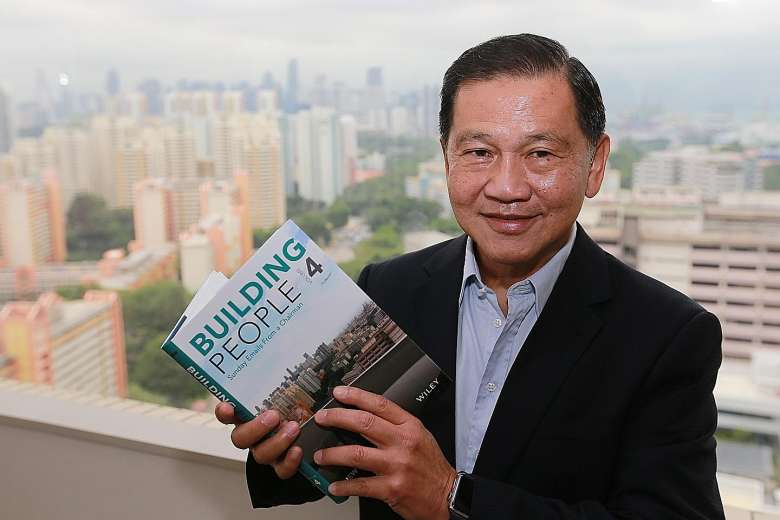
First, we should remind ourselves that it was hardly expected for Parti Liyani (and the people who supported her) to have persisted as she (and they) did. As Kirsten Han wrote:
“It’s worth celebrating a demonstration of our justice system working as it should, but the reality is that the happy result that’s snagged headlines only came about because of a remarkable confluence of factors. It only happened because of Parti’s strength and resolve, the support she was able to get from and through an NGO like HOME, and the all-important pro bono representation from Anil Balchandani. If any of these factors had been missing, Parti could very well be in prison now, and the problems present within this case might never have fully surfaced.”
Han points out that if Parti’s circumstances had been even slightly different, she might have given up on the case and the Liews would have gotten their way. The bar on working during the years it can take to complete a criminal proceeding, for instance, and the cost of hiring a lawyer, are serious economic hurdles for migrants and poorer individuals facing prosecution.
The main implication of this research is that the context of poverty makes it difficult for the poor to do many things the rest of us might consider normal or routine. Navigating the criminal justice system and having to defend oneself in Court are, of course, (cognitively) challenging and stressful for any of us—but more so for the poor.
How the barriers to justice that the poor face can be lowered is not obvious or straightforward. Neither can we say of any justice system that one’s ability to obtain good representation is not differentiated by means. But we should avoid the glib and comforting conclusion that the High Court’s judgement on the State versus Parti Liyani shows that there is no problem with our criminal justice system with regard to low-income defendants’ access to justice. Beyond examining what went wrong with the state’s prosecution of Parti Liyani, the government should also seek to reduce the barriers to justice faced by the poor (all the more so in light of the cognitive challenges they face due to scarcity), even if this is a problem that cannot be completely resolved. For instance, there could be a strong case for the state to provide resources for NGOs that provide shelter and legal aid for migrant workers awaiting trial.
Second, the case has provoked moral outrage because a rich, well-connected and powerful person is perceived to have bullied someone not just of lesser means, but also with no power. That Mr Liew Mun Leong has made significant contributions to the country should have no bearing on decisions made by the justice system—especially when his contributions have already been amply rewarded financially. Surely, that is what we mean when we say “justice is blind”: that a person’s background, connections, wealth (or lack thereof) should not matter—even if we also agree that justice has to be tempered with compassion.
Dacher Keltner, a psychology professor at UC Berkeley, also suggests that the life experience of the wealthy makes them less empathetic, less altruistic, and often more selfish. In one test, Keltner and his collaborators had 115 people play the “dictator game”, a standard trial of economic behaviour. “Dictators” were paired with an unseen partner, given ten “points” that represented money, and told they could share as many or as few points with the partner. Lower-class participants gave more, even after controlling for gender, age or ethnicity.
The point of all this is not to suggest that rich people are, in all cases, less empathetic or more selfish. Psychology is probabilistic, not deterministic. Rather, it is to point out that the assumptions and heuristics (or mental shortcuts) that we often rely on with respect the rich—for example, that they are more credible, or that they have no reason or incentive to take advantage of others for small sums of money—are not supported by science. Furthermore, because the wealthy are likely to behave in more selfish, less social ways, the Singapore state—which like all capitalist societies has a tendency to equate (or at least associate) wealth with merit and ability—has to be very careful not to justify its decisions in such cases with reference to anyone’s contributions or merit.
Compared with most developed countries, Singaporeans have a higher tolerance for inequality. In this regard, we are more like the US and Britain than Germany or Japan. But this tolerance is conditional: we accept inequality if we believe it is the product of a fair and competitive meritocracy, not a system that privileges those with more resources or better connections.
The corrective to the risks of a populist backlash lies neither in abolishing elite governance, nor in cloaking it in opacity in the hope that the public does not realise that governance in Singapore is elite. One of the main sources of Singapore’s competitive advantage is a high-capacity, high-performing public administration able to take the long view. This system of elite (but not elitist) governance—led by experts and technocrats, based on evidence and reason—deserves public support. Rather, the corrective is to balance elite governance with an emphasis on fairness, accountability, and democratic deliberation and scrutiny. Parti Liyani’s trial is over. The test for the PAP is next.
If you haven’t already, follow RICE on Instagram, Spotify, Facebook, and Telegram. If you have a lead for a story, feedback on our work, or just want to say hi, you can also email us at community@ricemedia.co.

